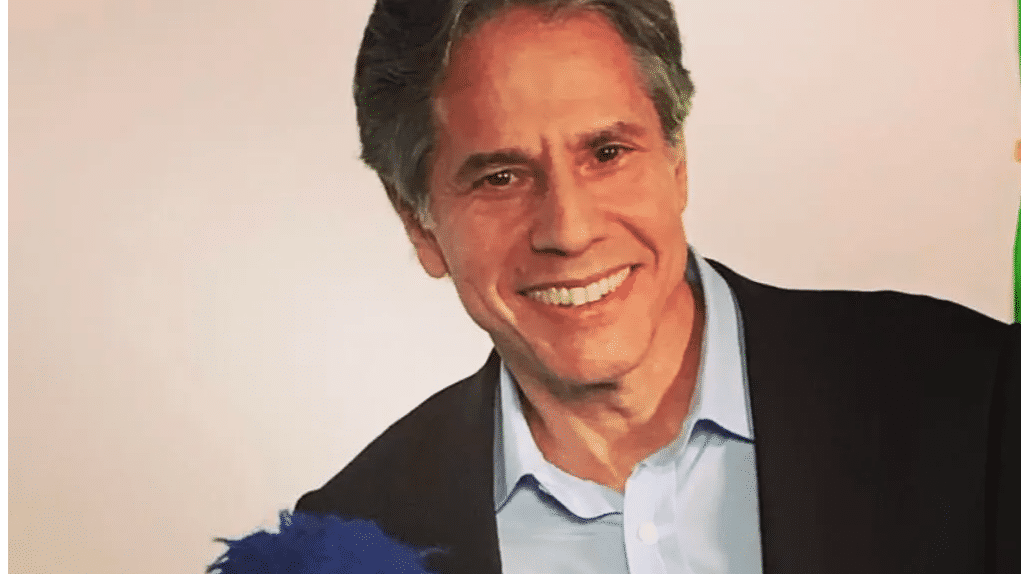US President-elect Joe Biden on Monday named his longtime aide Antony Blinken as secretary of state, in his administration. USA’s secretary of state is the country’s top diplomat, responsible for its foreign policy. Blinken had earlier served as the national security advisor in former president Barack Obama’s administration.
If one goes by Blinken’s address on the occasion of India’s Independence Day on August 15, this year, there won’t be a significant change in the US-India ties once the new administration takes over.
Also read: President-elect Joe Biden announces foreign policy and national security team
“In a Biden administration we would be an advocate for India to play a leading role in international institutions,” Blinken had said then. This included “helping India get a seat on a reformed United Nations Security Council,” Blinken had said at the virtual panel discussion on “US-India Relations and Indian Americans in Joe Biden Administration,” PTI reported.
Currently, China, France, Russia, UK and the US are the only permanent members of the UNSC. India has time and again put forth its demand for reforms in the UNSC and has claimed its rightful place in it, given the size of its population and the economy.
“We would work together to strengthen India’s defence, and also add its capabilities as a counterterrorism partner,” Blinken said.
Also read: Biden administration will have more deliberate, thoughtful engagement with India: Expert
A Biden administration will also have no tolerance for terrorism in South Asia, he said in response to another question.
“On the question of terrorism, specifically, we have no tolerance for terrorism, in South Asia or anywhere else: cross border or otherwise,” he said.
Asserting that Biden is a champion of the US-India relations, Blinken had said that the former vice president had a vision for the US-India relations.
Referring to a 2006 statement by Biden that by 2020, US and India should be closest friends, Blinken said that that has not happened yet, but Biden will make it a reality.
Also read: Joe Biden not a stranger to India: Jaishankar on India-US ties under new administration
If one goes by Blinken’s address, there wouldn’t be a significant shift in the US’ stance towards China.
“We have a common challenge which is to deal with an increasingly assertive China across the board, including its aggression toward India at the Line of Actual Control,” he had said then.
He alleged that China through its economic might coerces others and ignores international rules to advance its own interests.
Blinken, who then was the top foreign policy advisor to former vice president Biden, had also referred to the Chinese actions in Hong Kong as repression of the rights of its own people and democracy in the former British colony.
“We have to sort of take a step back and start by putting ourselves in a position of strength from which to engage China so that the relationship moves forward more on our terms, not theirs,” Blinken had said.
“India has to be a key partner in that effort,” Blinken then said.
“Unfortunately, right now by virtually every key metric. China’s strategic position is stronger and ours is weaker as a result of President Trump’s failed leadership,” he said.
Blinken alleged that US President Donald Trump has helped China advance key strategic goals by weakening American alliances, leaving a vacuum in the world for China to fill, and abandoning American values and giving Beijing a green light to trample on democracy in Hong Kong.
Also read: China ‘gravest threat’ to religious freedom, says US Secretary of State Mike Pompeo
“In many ways, as we think about dealing with the challenges that China poses, it’s almost less about their strength and more about some of our self-inflicted weaknesses,” he said.
“Put another way, this is really about us in the first instance, the competitiveness of our own economy and workers. The strength of our own democracy and political system, the vibrancy of our own alliances and partnerships. And of course, the assertion of our own values, all of which President Trump has done so much to undermine,” Blinken said.
Also read: China slams US appointment of envoy for Tibet human rights
Relations between the US and China have spiralled downward due to a number of issues. These include the novel coronavirus, the Chinese aggression in South China Sea, muzzling of democracy in Hong Kong, restrictions on American journalists, treatment of Uyghurs Muslims and security measures in Tibet.




